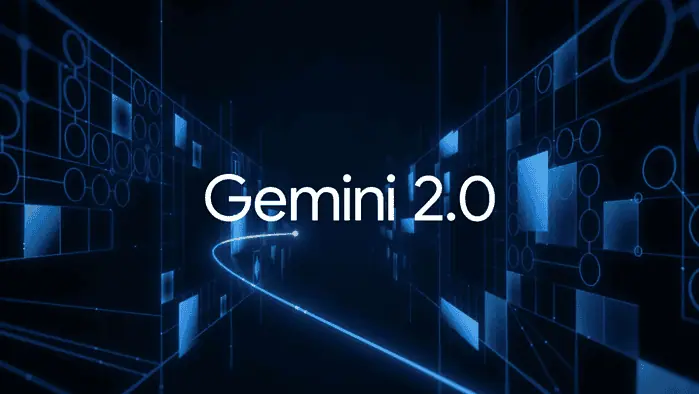You can now try Google's reasoning model on Google AI Studio
The tech giant is biting back at its competitors
2 min. read
Published on
Read our disclosure page to find out how can you help MSPoweruser sustain the editorial team Read more
Key notes
- Google launched Gemini 2.0 Flash Thinking Experimental, a reasoning AI excelling in programming and math.
- It ranks highly on Chatbot Arena alongside top models like ChatGPT-4o-latest.
- The tech giant is also previewing Veo 2, a promising video-generating AI, challenging OpenAI’s Sora.

For months, Google has been the AI laughingstock. We sure won’t forget how horrendous Gemini was when it first arrived, and neither was AI Overview on Search, for example. But it’s now biting back at OpenAI with a new reasoning (or “thinking,” so to say) model.
The Mountain View tech giant has recently debuted Gemini 2.0 Flash Thinking Experimental, its reasoning-excelling model, on its platform Google AI Studio.
The model can handle complex tasks in fields like programming and math, among others. Jeff Dean, Google DeepMind’s chief scientist, describes the model as “built on 2.0 Flash’s speed and performance” and it uses “thoughts to strengthen its reasoning.”
And it’s going in with a bang too because it ranks on the top in all categories on Chatbot Arena’s leaderboard right next to the new Gemini-Exp-1206 and ChatGPT-4o-latest (2024-11-20).
Logan Kirkpatrick, who is a lead product over at Google AI Studio, also writes on X that the “new experimental model that unlocks stronger reasoning capabilities and shows its thoughts.”
Google has been catching up a lot in the AI space. When OpenAI launched Sora, a hotly-hyped video-generating model to the masses after months of anticipation, Google had one trick up its sleeves: Veo 2.
A quick Google or Reddit search shows you how much Veo 2 stands superior against Sora. And while it’s still in preview, the sign shows quite a lot of potential there.
In the wake of this release, OpenAI is also set to announce its next reasoning model that’s built on the success of o1. But, it won’t be called the “o2” and the company will, instead, skip to the “o3” naming, seemingly out of fear of a potential trademark clash with British network company O2.









User forum
0 messages